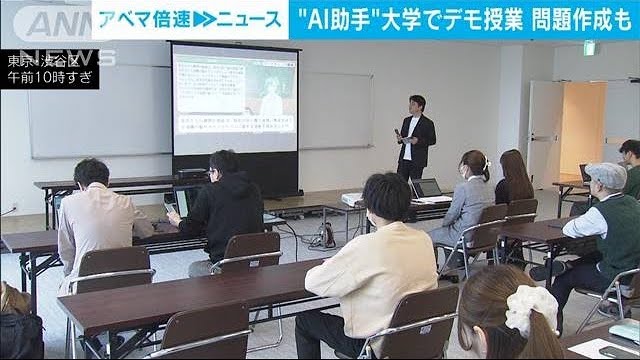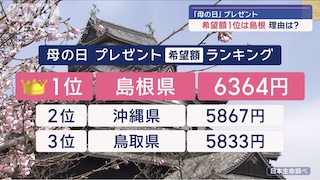Apr 12 (News On Japan) - Bitcoin, the pioneer of cryptocurrencies, is not just a digital asset; it's a catalyst for a cultural shift in how society perceives money.
Its decentralized nature challenges traditional financial systems, offering new avenues for financial inclusion and investment. This article explores Bitcoin's profound impact on reshaping societal views on money. For comprehensive insights into Bitcoin's transformative role in reshaping societal views on money and its implications for the future of finance, visit https://quantum-fbc.com
BTC's Role in Financial Inclusion
Bitcoin's emergence has opened up new avenues for financial inclusion, particularly for the millions of individuals worldwide who lack access to traditional banking services. This digital currency has the potential to revolutionize financial systems by providing a decentralized and borderless alternative to traditional banking.
One of the key ways in which Bitcoin is promoting financial inclusion is through its accessibility. Unlike traditional banking, which requires individuals to have a bank account, Bitcoin can be accessed with just an internet connection and a smartphone or computer. This accessibility is particularly beneficial for individuals in developing countries who may not have access to traditional banking services.
Bitcoin's low transaction fees also make it an attractive option for individuals who may be excluded from traditional banking due to high fees. These low fees make it easier for individuals to send and receive money, particularly across borders, where traditional banking fees can be prohibitively high.
Additionally, Bitcoin's decentralized nature means that it is not controlled by any single entity, such as a government or financial institution. This decentralization makes Bitcoin more resistant to censorship and manipulation, which can be particularly beneficial for individuals living in countries with unstable or oppressive governments.
Overall, Bitcoin has the potential to significantly increase financial inclusion by providing a secure, accessible, and affordable alternative to traditional banking services. As adoption of Bitcoin continues to grow, it is likely that we will see even greater levels of financial inclusion around the world.
BTC's Influence on Investment and Saving
Bitcoin has fundamentally changed the way people think about investing and saving. Unlike traditional assets, such as stocks or bonds, Bitcoin is a decentralized digital currency that operates outside of the traditional banking system. This has made it an attractive option for individuals looking to diversify their investment portfolios and protect against economic uncertainty.
One of the key ways in which Bitcoin has influenced investment is through its potential for high returns. Since its inception, Bitcoin has experienced significant price volatility, with its value increasing dramatically at times. This volatility has attracted investors looking to capitalize on these price fluctuations and potentially earn high returns on their investments.
Additionally, Bitcoin's limited supply of 21 million coins has made it a popular choice for individuals looking to hedge against inflation. Unlike traditional currencies, which can be printed at will by governments, Bitcoin's supply is fixed, which means that its value is not subject to inflationary pressures.
Bitcoin has also influenced saving habits, particularly among younger generations who are more comfortable with digital technologies. Many individuals are now choosing to store their savings in Bitcoin rather than traditional savings accounts, as they see it as a more secure and potentially higher-yielding investment.
Overall, Bitcoin's influence on investment and saving is significant, and as its adoption continues to grow, it is likely that we will see even greater changes in the way people invest and save their money.
Changing Perceptions of Wealth
The rise of Bitcoin has led to a reevaluation of what constitutes wealth in the digital age. Traditionally, wealth has been measured in terms of physical assets, such as real estate or precious metals. However, Bitcoin has introduced the concept of digital wealth, which is based on the ownership of digital assets such as cryptocurrencies.
One of the key ways in which Bitcoin has changed perceptions of wealth is by democratizing access to wealth creation. In the past, building wealth often required access to traditional financial institutions and investment opportunities. However, with Bitcoin, anyone with an internet connection can participate in the digital economy and potentially build wealth through investing in cryptocurrencies.
Bitcoin has also challenged traditional notions of wealth preservation. Historically, individuals have sought to preserve their wealth by investing in tangible assets such as gold or property. However, Bitcoin's digital nature means that it can be easily stored and transferred, making it a potentially more secure and convenient store of wealth.
Additionally, Bitcoin's limited supply has led to a perception of scarcity, similar to that of precious metals like gold. This perception has further contributed to Bitcoin's status as a store of value and a means of preserving wealth in the digital age.
Conclusion
In conclusion, Bitcoin's influence on society's view of money is profound and ongoing. As it continues to gain acceptance and adoption, it is reshaping financial systems and challenging traditional notions of wealth and investment. Bitcoin's cultural impact is undeniable, and its role in shaping the future of money cannot be overstated.










